- Owings Mills: (443) 394-9222
- Marriottsville: (443) 545-5566
Menu
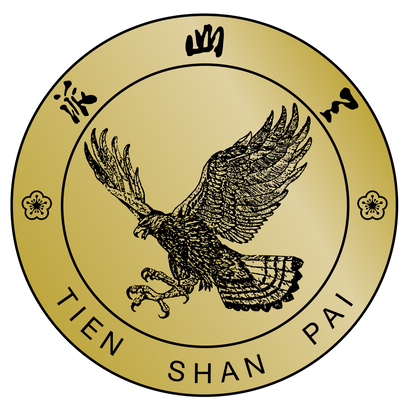

THE GROWTH MINDSET IN CHINESE MARTIAL ARTS
January 02, 2023 2 min read
Everything we do and how we perform in life is controlled and determined by our mindset. Our mindset is defined as an established set of attitudes held by someone or a person’s worldview and philosophy of life. Imagine if your mindset prevented you from exploring certain potentials or achieving certain goals. According to renowned Stanford University psychologist Carol Dweck, that might be the case.
In a study conducted by Carol and her colleagues over 30 years ago, they discovered that people either have a growth mindset or a fixed mindset.
Carol and her team evaluated students’ responses and attitudes to failure after conducting a test with a slightly higher difficulty than the students’ level. Some students reacted positively saying things like, “I love a challenge,” or, “You know, I was hoping this would be informative.” Other students were devastated and admitted they would rather cheat the next time to avoid failure. Hence, Carol aptly coined both mindsets the growth and fixed mindsets, respectively.
About the growth mindset
The growth mindset is what everyone needs to thrive during a challenge and live out their potentials. It involves values of learning and growth and accepting that while failure can be painful; it doesn’t have to define you.
It helps us to learn from our mistakes and think in the path of ‘not yet’ which empowers the fact that every one of us is on a continuous learning curve. It changes how you view success and the approach you take to achieve it. In Carol Dweck’s words,
“This growth mindset is based on the belief that your basic qualities are things you can cultivate through your efforts. Although people may differ in every which way in their initial talents and aptitudes, interests, or temperaments, everyone can change and grow through application and experience.”
About the fixed mindset
The fixed mindset assumes that creativity, intelligence, and character are static and can’t be changed. It believes that success is the only affirmation of this fixed intelligence. Carol Dweck explains this as,
“Believing that your qualities are carved in stone — the fixed mindset — creates an urgency to prove yourself over and over. If you have only a certain amount of intelligence, a certain personality, and a certain moral character — well, then you’d better prove that you have a healthy dose of them. It simply wouldn’t do to look or feel deficient in these most basic characteristics.”
At the U.S. Kuo Shu Academy and in Chinese martial arts, students learn to focus on the growth mindset. They learn to embrace challenges, see that their efforts count on a path to mastery, learn from criticism, learn to be resilient, and be inspired by the results or success of others. The growth mindset in martial arts promotes focus, humility, and the ability to reach higher levels of achievement.
You can learn to develop the growth mindset by;
- Embracing imperfections
- Trying different learning methods
- Replace failing with learning
- Emphasizing growth over speed
- Placing effort before talent
- Improving collaboration with others
Owings Mills: (443) 394-9222
Marriottsville: (443) 545-5566
What Others Say About us!

One of the Finest Chinese Martial Arts Schools in the Country
Some of the best competitors and teachers that I've ever met come from this fine school. It has a tradition of excellence in all they do. Grandmaster Huang, Chien-Liang and the US Kuo Shu Academy build champions with integrity.
Nelson Ferriera
Master Instructor for Zhong Yi Kung Fu Association
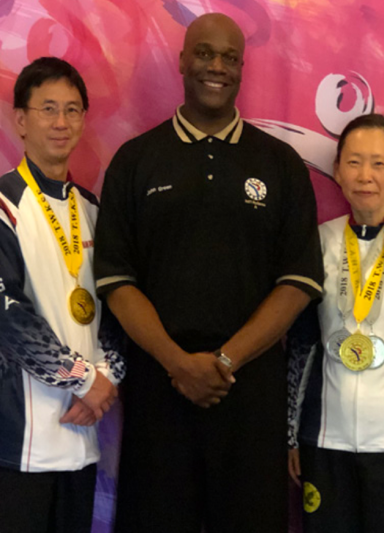
The School has Transformed my Life.
The school has transformed my life and made me a better man body and soul. It's really special to witness the transformation of the the youth at the school as well. The staff at the school really care about the students and each other. This is all so vital to our youth for they are the future of things to come.
Bruce Seward
Logistics Specialist
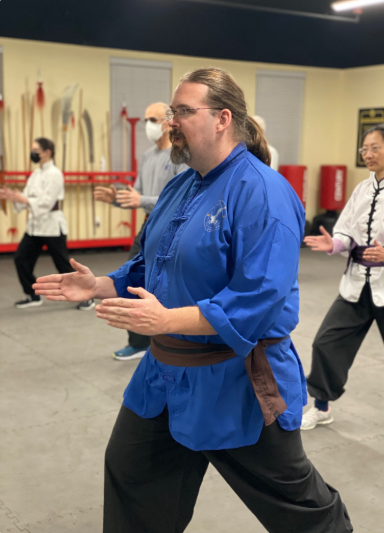
USKSA is not just a Chinese martial arts school, it’s a lifestyle
How lucky it was, that we stopped by USKSA. Instantly it becomes an irreplaceable part of life. And not just for my daughter, mine as well, since I became a student too. USKSA is not just a Chinese martial arts school, it is a lifestyle. It is a family. The school changed my life I can proudly say: I am a better person now, stronger (mentally and physically), even happier than I've been before I joined the USKSA. There is not enough good words to say. Thank you.
Alex Reznikov
Engineer at Alleviation Institute, LLC

I am learning how to be a Better Person
I am proud to study at US Kuo Shu Academy for Three Main Reasons. The instructors provide superior quality teaching and have in-depth knowledge of martial arts principles The genuine passion for teaching authentic martial arts, The sincere attitude that permeates every class that I am not just learning how to be a better martial artist, I am learning how to be a better person.
Steve Smith
Owner of Mindful Healing Acupuncture
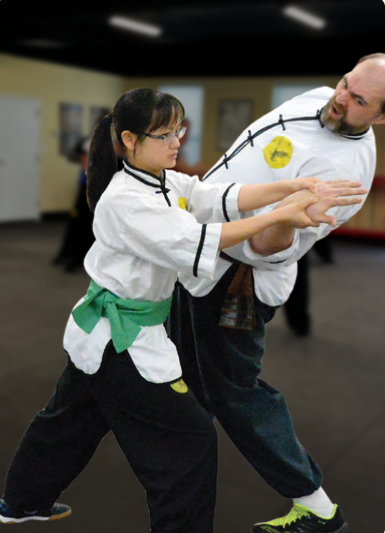
Made me healthier physically and mentally and more focused & organized at work
It has helped me keep my sanity! Made me healthier physically and mentally and more focused and organized at work. I am a better person, writer, and mother because of my experiences at USKSA. And it's been the "village" that has helped my sons learn about values and character and hard work. If you want to change your life for the better, if you want to give your children tools...then this is the place.
Xylia Hall
Accountant at CareFirst
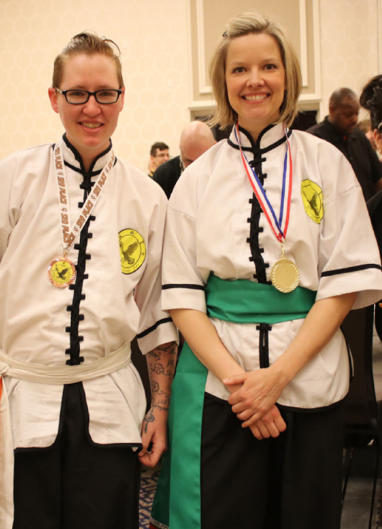
Nothing Short of Amazing
The US Kuo Shu Academy is an amazing, traditional martial arts school with stellar instructors and an incredibly well-developed curriculum. My experience there - both at Owings Mills and in Marriottsville - has been nothing short of amazing. The Tai Chi program provides an incredibly layered experience that combines both the meditative/health aspects of Tai Chi, along with the martial aspects of the form. They truly care about their students, and provide expertise and support in an environment that is both caring and rigorous. Whether your interest in Tai Chi or Kung Fu, meditation or martial practice, this is the place to be.
Margaret Boas
Professor at Anne Arundel Community College

I’ve gained a sense of self-confidence I had never realized
My association with this system began 7 years ago. My only goal at the time was to have a form of exercise in my life that didn't bore me. I was very overweight and was in desperate needs of getting in shape. In addition to helping me lose over 100 lbs, I've gained a sense of self-confidence I had never realized was missing from my life. I've made friendships that will last the rest of my life. I've been mentored by some amazing people, and I've had the great honor to mentor some amazing people.
Jeramy Hansen
Scientist at Johns Hopkins University Applied Physics Laboratory
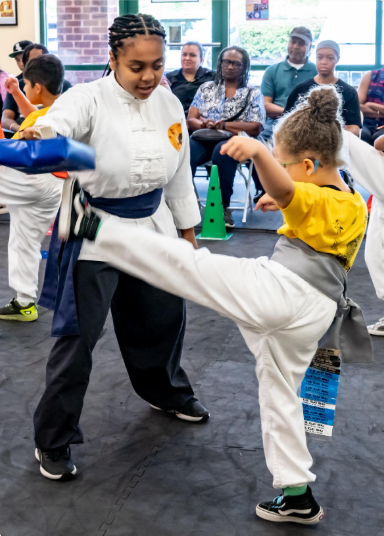
I’ve gained a sense of self-confidence I had never realized
My association with this system began 7 years ago. My only goal at the time was to have a form of exercise in my life that didn't bore me. I was very overweight and was in desperate needs of getting in shape. In addition to helping me lose over 100 lbs, I've gained a sense of self-confidence I had never realized was missing from my life. I've made friendships that will last the rest of my life. I've been mentored by some amazing people, and I've had the great honor to mentor some amazing people. Joining US Kuo Shu Academy was one of the best decisions I've ever made.
Jeramy Hansen
Scientist at Johns Hopkins University Applied Physics Laboratory
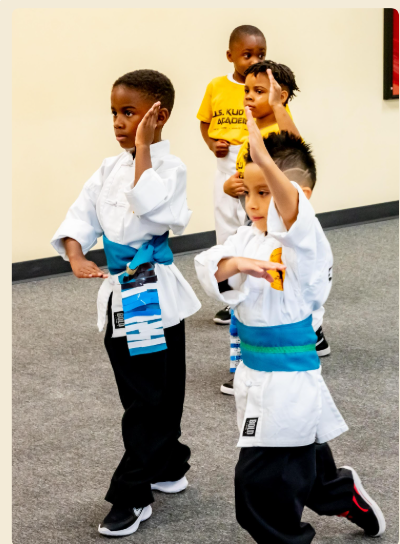
Nothing Short of Amazing
The US Kuo Shu Academy is an amazing, traditional martial arts school with stellar instructors and an incredibly well-developed curriculum. My experience there - both at Owings Mills and in Marriottsville - has been nothing short of amazing. The Tai Chi program provides an incredibly layered experience that combines both the meditative/health aspects of Tai Chi, along with the martial aspects of the form. They truly care about their students, and provide expertise and support in an environment that is both caring and rigorous. Whether your interest in Tai Chi or Kung Fu, meditation or martial practice, this is the place to be.
Margaret Boas
Professor at Anne Arundel Community College
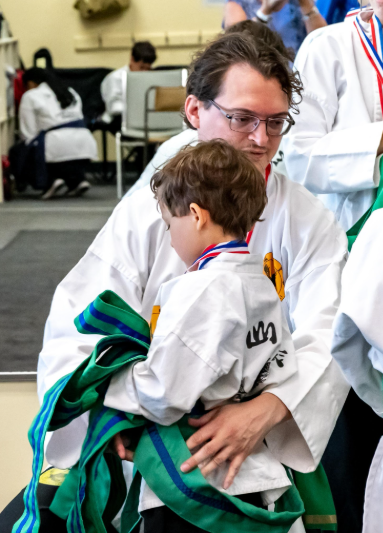
I am learning how to be a Better Person
I am proud to study at US Kuo Shu Academy for Three Main Reasons. The instructors provide superior quality teaching and have in-depth knowledge of martial arts principles The genuine passion for teaching authentic martial arts, The sincere attitude that permeates every class that I am not just learning how to be a better martial artist, I am learning how to be a better person.
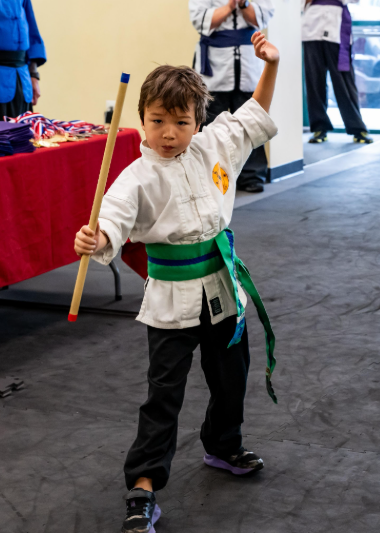
USKSA is not just a Chinese martial arts school, it’s a lifestyle
How lucky it was, that we stopped by USKSA. Instantly it becomes an irreplaceable part of life. And not just for my daughter, mine as well, since I became a student too. USKSA is not just a Chinese martial arts school, it is a lifestyle. It is a family. The school changed my life I can proudly say: I am a better person now, stronger (mentally and physically), even happier than I've been before I joined the USKSA. There is not enough good words to say. Thank you.
Alex Reznikov
Engineer at Alleviation Institute, LLC
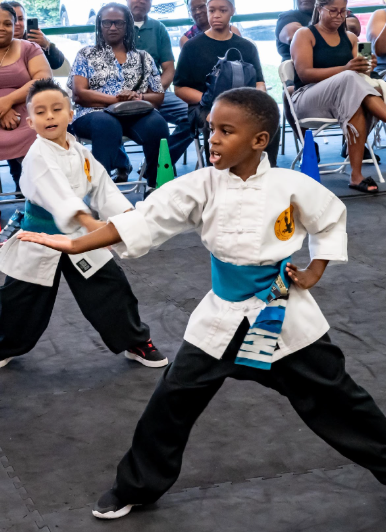
The School has Transformed my Life
The school has transformed my life and made me a better man body and soul. It's really special to witness the transformation of the the youth at the school as well. The staff at the school really care about the students and each other. This is all so vital to our youth for they are the future of things to come.
Bruce Seward
Logistics Specialist
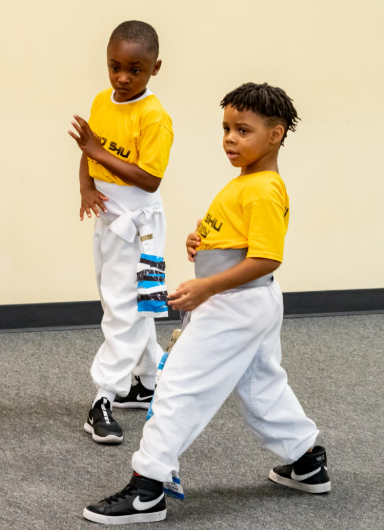
One of the Finest Chinese Martial Arts Schools in the Country
Some of the best competitors and teachers that I've ever met come from this fine school. It has a tradition of excellence in all they do. Grandmaster Huang, Chien-Liang and the US Kuo Shu Academy build champions with integrity.
Nelson Ferriera
Master Instructor for Zhong Yi Kung Fu Association

The Best School of Martial Arts
My children have been students for more than 4 years now and they love this school of martial arts. US Kuo Shu Academy is their second home, learning not just Kung Fu but also developing one’s character as a good, responsible, respectful and disciplined citizen. Thank you very much Grandmaster Huang. Master Michael Hung and all the teachers and students for making this place the best school of martial arts.
Irvin Lee
Parent of two at USKSA
Martial Arts for Children & Adults
SIGN UP FOR FREE LESSON
No Experience Necessary